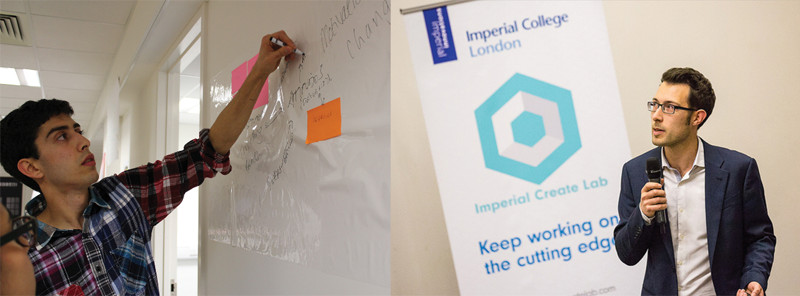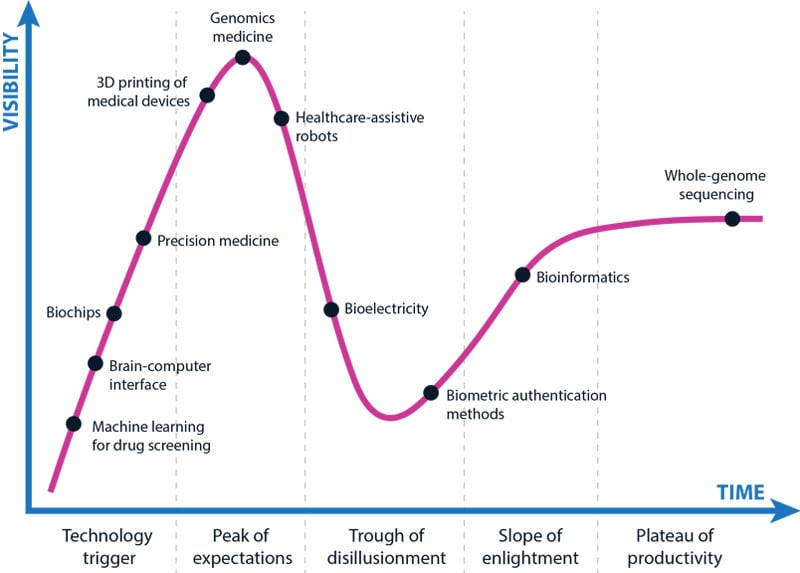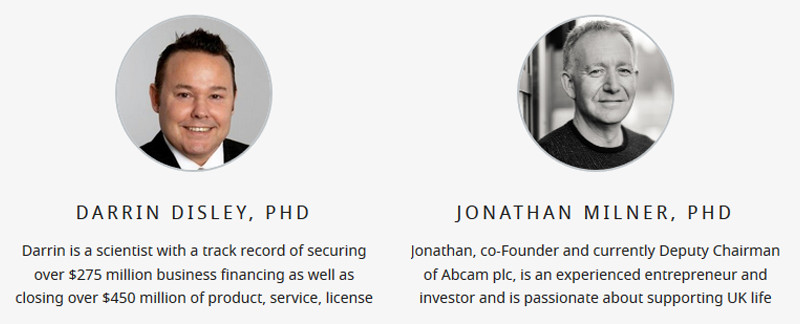Succeeding as an entrepreneur is tough, you will have to deal with failure and learn from it along the way. Many new biotech startups face similar problems during their early steps, here are some expert tips on how to avoid them.
Last week, I had the opportunity to meet Mark Hammond and Dominic Falcao, who have extensive experience working with early-stage science startups at the pre-accelerator Imperial Create Lab in London. They are now launching Deep Science Ventures, a somewhat different high-tech incubator in London where no specific teams or ideas are required, just scientists keen to build a company from scratch.
They organized a meetup for the launch and shared their best advice for entrepreneurial novices. Here it is:

1. Solutions. A successful biotech startup will focus on solving a problem and fit the technology to it, not the other way around.
Solutions in search of problems generally do not make it very far: choose a problem and work to solve it. Mark and Dom have worked with biotech startups like FungiAlert, which is developing devices to sense fungi that destroy €9Bn worth of crops per year. They have also worked with CustoMem, a startup that uses synthetic biology to create cost-effective cellulose membranes that remove hormones and heavy metals from water.

2. Context. You should know the industry and build a solution for its present struggles.
Even if you’re sure your idea is already perfect, you will need to adjust the product for the customers. Be aware of current regulations, keep up with any economic changes, and always know who is in charge of the budget.
For example, a biotech startup with a healthcare product needs to get approval, from the EMA in Europe, from the FDA in the US and from the TGA in Australia, which can delay or even cancel the product launch. Companies like Fractyl, MindMaze, VitaDX, or TROD Medical had to consider this within their timeline before starting sales.
3. Timing. Buckle in for the ride.
Newbies tend to forget the market is constantly changing. Each technology has a hype curve during which the investment drastically varies.

To surf the wave, you’ll have to identify when hype turns into serious investment. Though this is difficult, some indicators can give you a clue. A great example is precision medicine, which Mark reckons is 2-3 years away from this tipping point:
- Pharma is beginning to talk about companion diagnostics
- The first products are completing trials
- Health as a consumer purchase is becoming the norm
- Even US President Obama spoke in its favour
Companies like InnVentis, Syapse or Seven Bridges are already starting to get an advantage of this hype.
4. Teamwork. Build a squad of driven and reliable experts.
Set clear aims and define what success and failure means for your company. Since there will be many choices along the process, established principles can save you a lot of trouble.
Never fear bringing new people on board when you need their skills for the next step forward, and build up a strong advisory board. Follow the example of Eva Diagnostics: whilst their expertise was in blood testing, they brought in an experienced marketing lead during pre-investment to adapt their market strategy. Desktop Genetics, which is basically CAD for CRISPR, has attracted Jonathan Milner (who built AbCam) and strategic investors from Illumina.

5. Progress. Real progress is just the successful development of a product worthwhile to your audience.
Some biotech startups can get plenty of press releases and awards despite not moving forward at all, while others do not get any and give up. Be confident; listen carefully to all feedback but do not rely too much on external approval.
There is a good reason incubators and accelerators are on the rise at the moment; startups are currently the main drivers of the newest technological and scientific applications. And investors are keen to take part in such promising projects.
As Dominic says, “the most common cause of science startup failure is not starting in the first place.”
Cover illustration by Elena Resko. Images via Deep Science Ventures, Imperial Workspace, the author, and Desktop Genetics.





